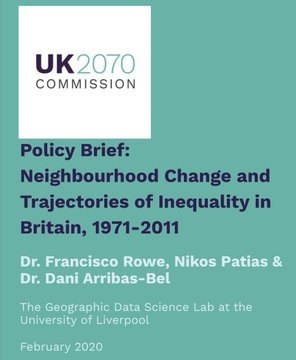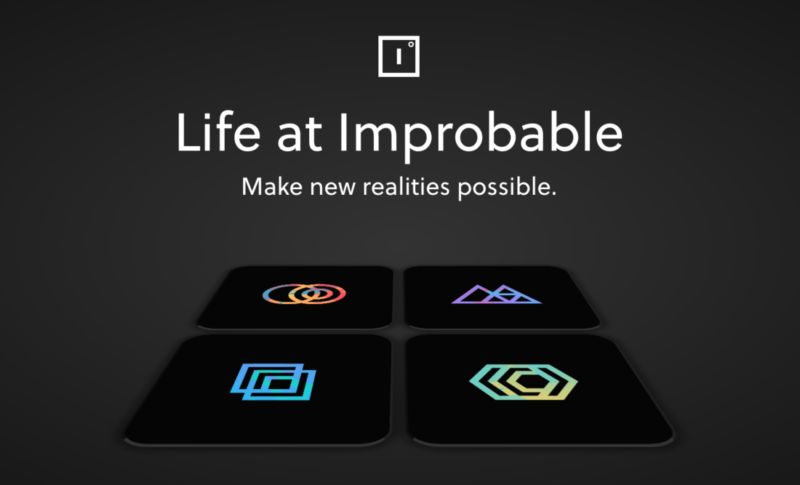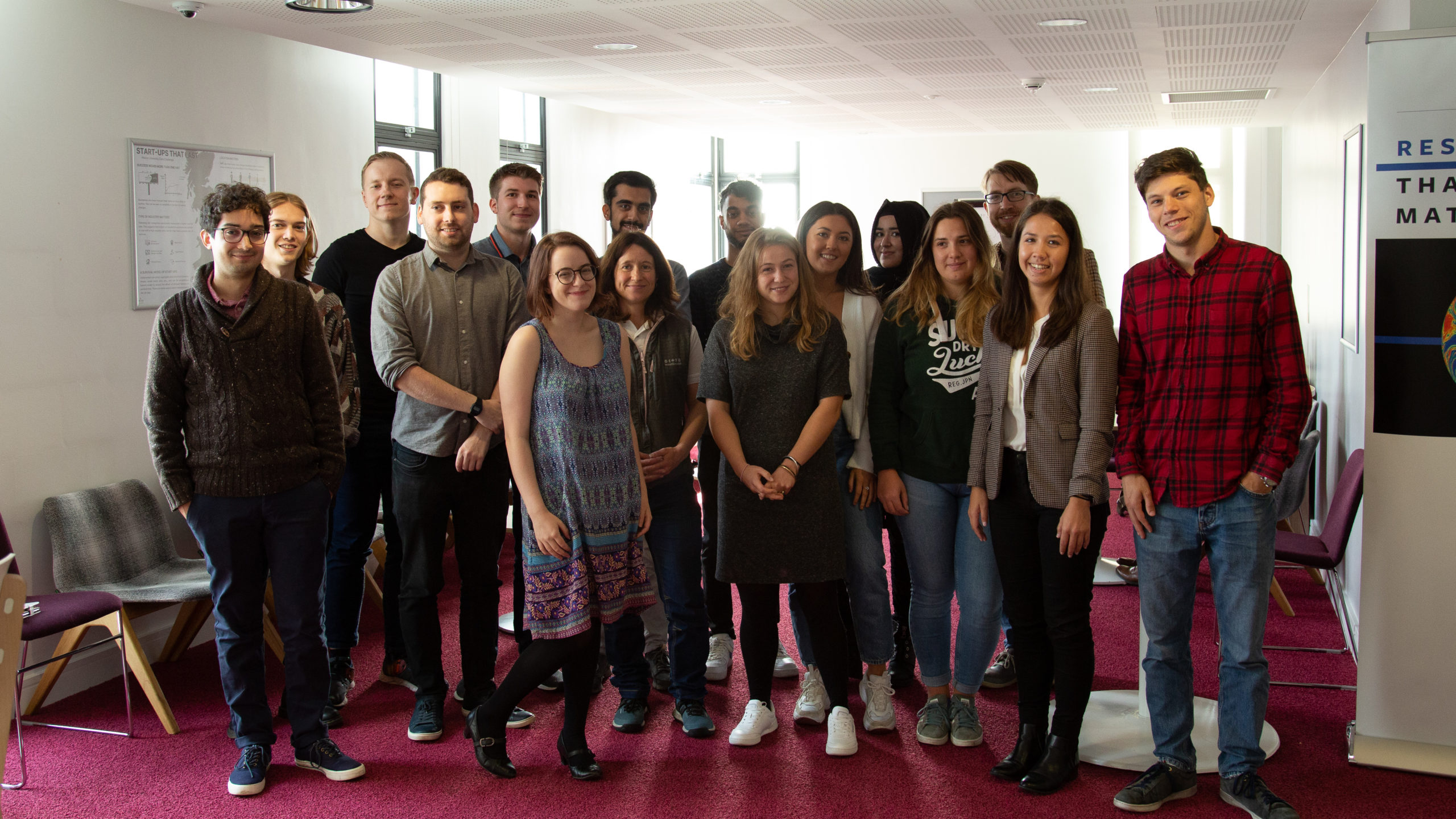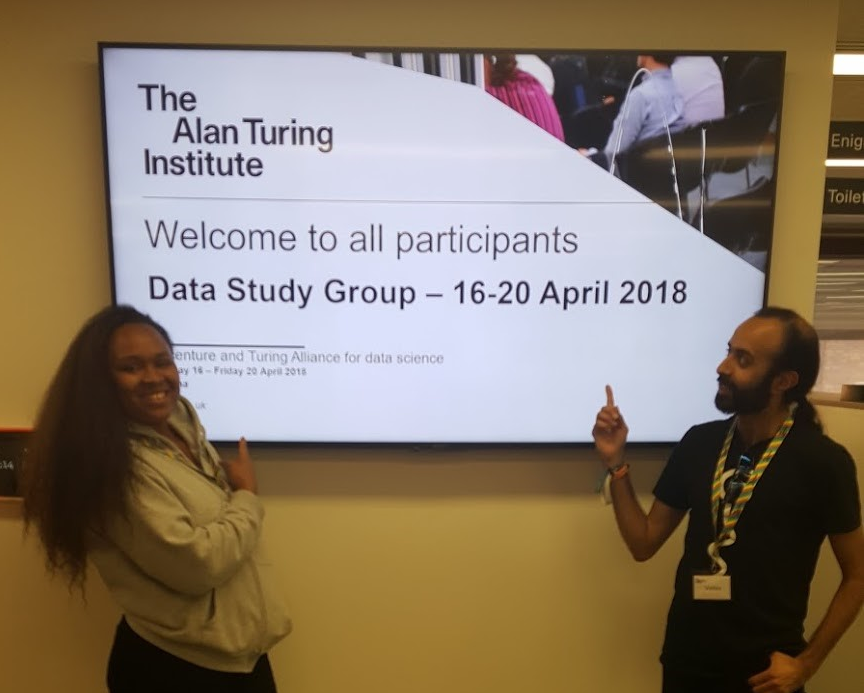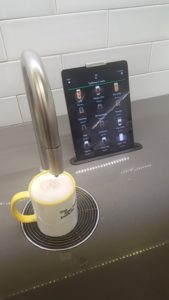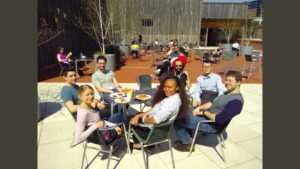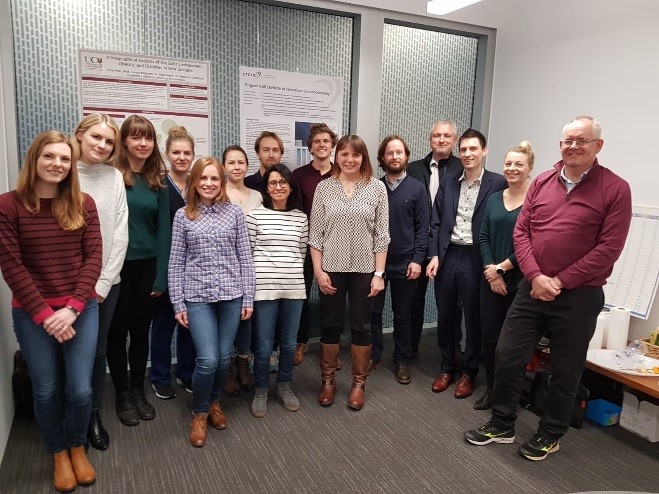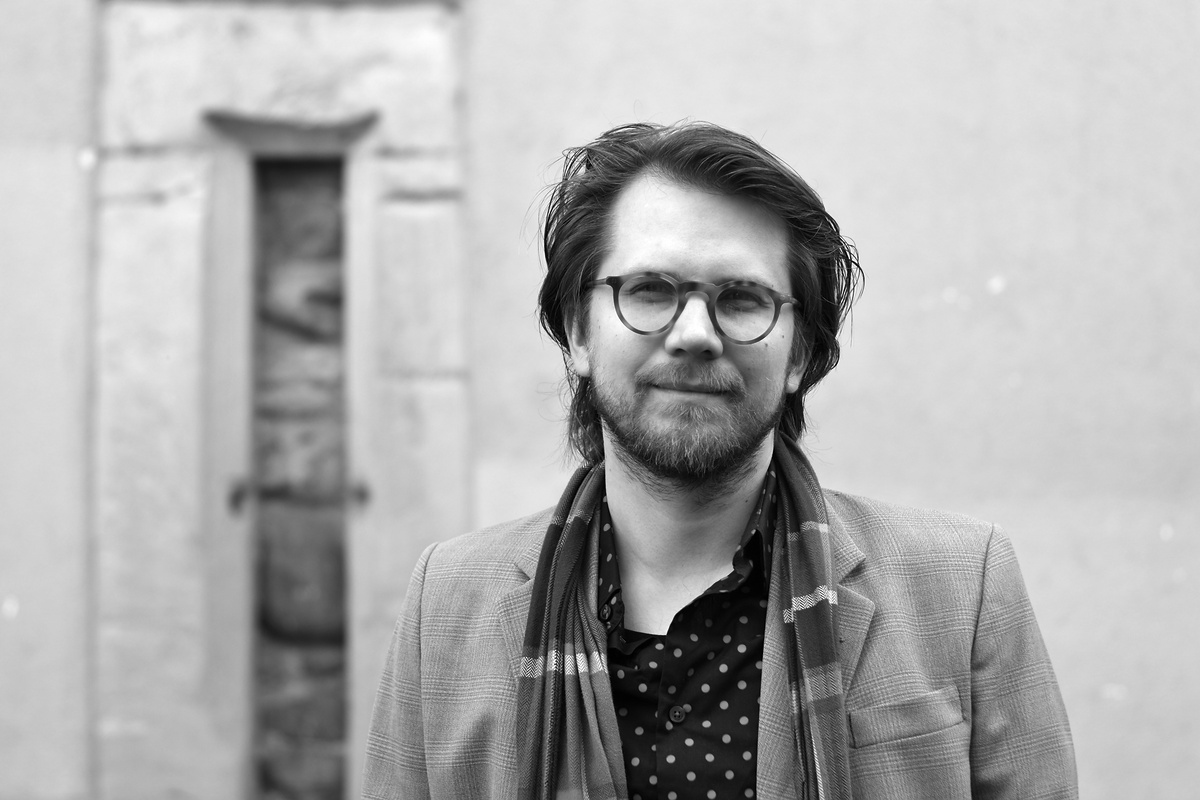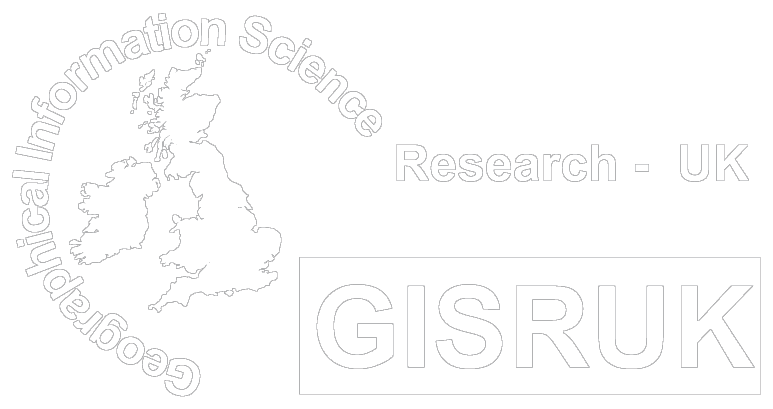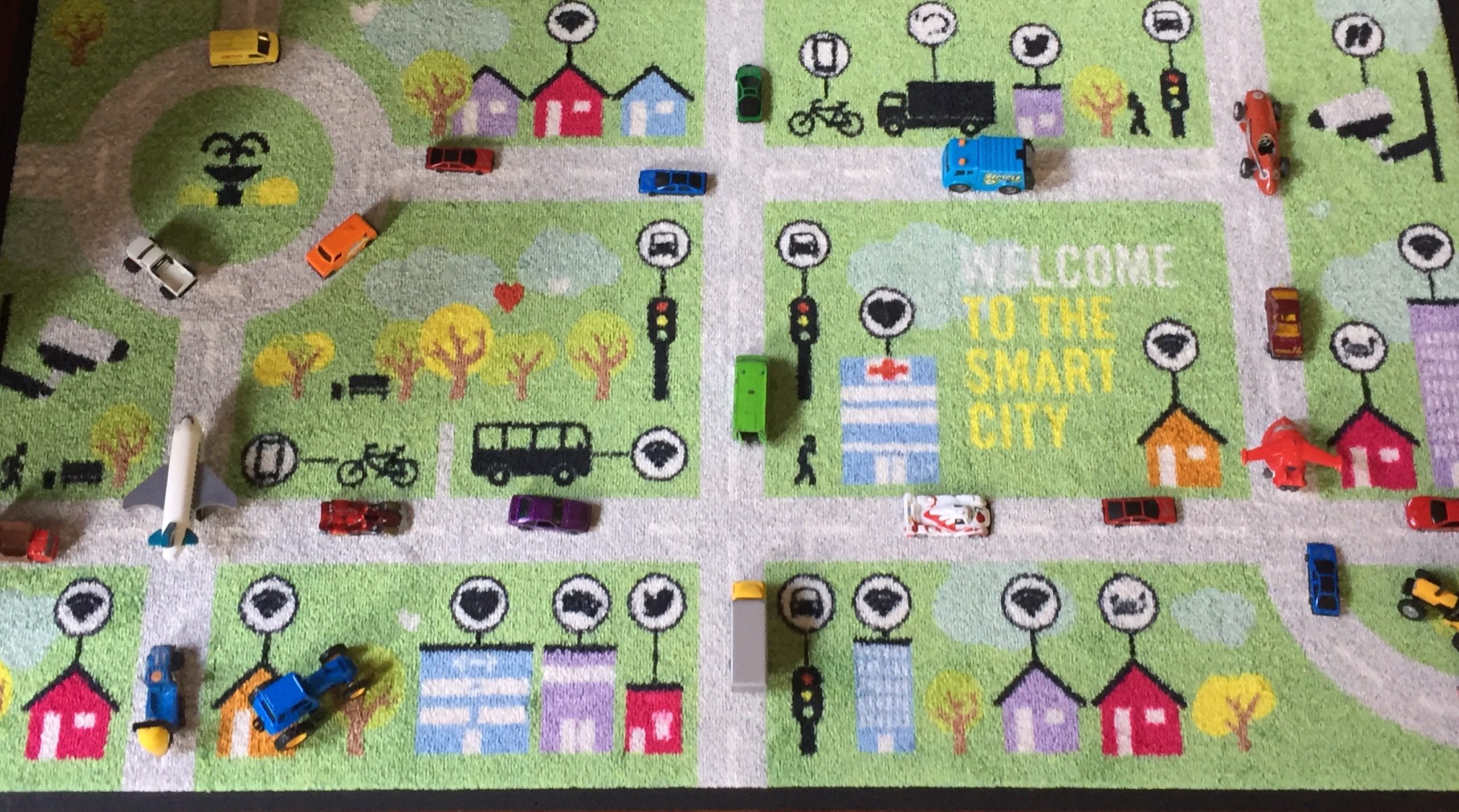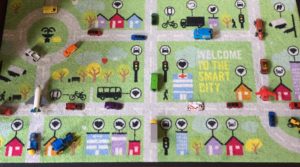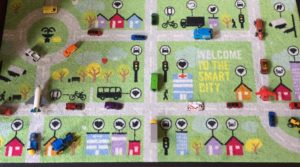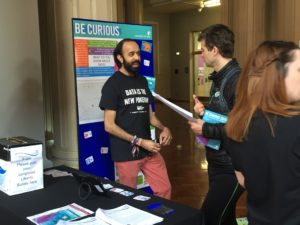LIDA and GeoHealth Lab researchers at the University of Canterbury, Christchurch
This summer, CDAS students Francesca Pontin and Vicki Jenneson from the Leeds Institute for Data Analytics (LIDA) took their research to the other side of the world at the International Medical Geography Symposium (IMGS) in Queenstown New Zealand (1 – 4 July). Here they summarise their experiences.
“We feel so privileged to have been given the opportunity to present our work as part of a diverse conference programme, which brought together geography, epidemiology and policy. It was an added bonus to have the opportunity to explore New Zealand’s natural beauty, before, during and after the conference.”
Vicki’s journey started in Auckland with a trip to the University of Auckland to meet Professor Cliona Ni Mhurchu, a key figure in healthy retail interventions. This new connection could lead to exciting future collaboration prospects and add value to the existing relationship with Vicki’s UK retail data partner.
Fran and Vicki then met for two days of workshops at the University of Canterbury in Christchurch. They were joined by fellow Leeds students Charlotte Sturley and Rachel Oldroyd as well as supervisor Michelle Morris and LIDA and CDAS director, Mark Birkin.
“It was a pleasure to meet contacts from New Zealand’s Ministry of Health and the Canterbury Geohealth Lab and to learn about their unique collaborative model. Along with Rachel and Charlotte, we’ll continue to work closely with the New Zealand team to write an upcoming commentary paper about the health research-policy landscape in New Zealand. We hope that this relationship will continue to grow in the future and look towards the potential for overseas exchanges between LIDA and the Geohealth Lab students and staff.”
After the workshop in Christchurch, it was on to Queenstown for the IMGS conference, but not before an impressive pre-flight Parkrun effort by the team.
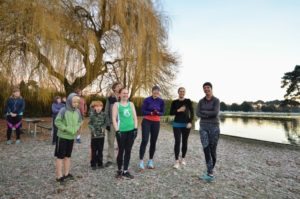
Charlotte, Michelle, Rachel and Fran endured -5 degrees at the Hagley Park Parkrun in Christchurch
The Queenstown conference took place in a spectacular setting framed by mountains and Lake Wakatipu. Although a daunting prospect for some of the students it was their first international conference, they were soon encouraged by its friendly and supportive atmosphere. The students embraced the unique opportunity to engage with a diverse global community of multi-disciplinary researchers across health, geography, policy and more. The conference provided a great platform for them to develop their networking skills, and along with their supervisors, Fran and Vicki fostered new and cemented existing connections with researchers both in the UK and worldwide.
The IMGS celebrated cultural diversity, with traditional Māori singing and dancing, while speakers addressed the serious issues of health inequalities affecting indigenous Māori and Pacific populations in New Zealand, providing great context to local problems.
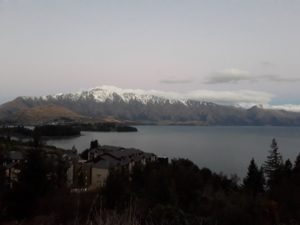
View of Queenstown from the conference venue at dusk
Fran enjoyed presenting her work on the use of smartphone data for monitoring physical activity, and said “It was great to be able to present my research to such a specialist and knowledgeable audience. The ensuing conversation around using commercial smartphone data to monitor activity highlighted the potential such data provides in extending the current sphere of knowledge. IMGS has allowed me to make great connections in the UK and further abroad, with potential collaborations on the horizon.”
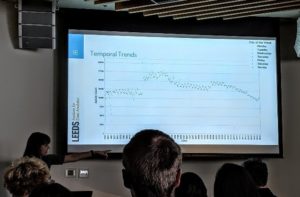
Fran Pontin presenting at the IMGS, Queenstown
Of her talk about spatial and demographic patterns in fruit and vegetable purchasing in Leeds, Vicki said: “It was a really encouraging experience to see the level of discussion and interest that my talk generated. It motivates me to know that I’m doing something truly new and valuable to the wider research community. The dataset that I’m working with is novel and there was lots of excitement about it; I feel that presenting at IMGS helped to put myself and LIDA on the international scene for healthy food retail and big data research.”
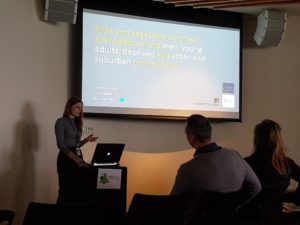
Vicki Jenneson presenting at the IMGS, Queenstown
The students also found time for plenty of downtime to explore the breath-taking surroundings. Day trips were invaluable team-building opportunities which strengthened relationships between students and their supervisors within informal settings including; boat cruises, a very muddy bike ride, a winery tour, climbing mountains, skiing and the conference dinner!
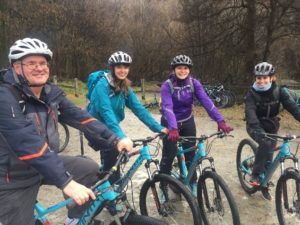
Mark Birkin, Fran Pontin, Michelle Morris and Charlotte Sturley pre-muddy cycle ride
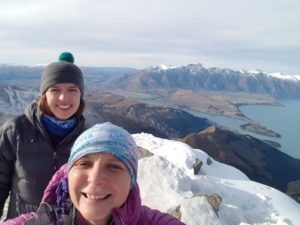
Fran Pontin and Michelle Morris on the summit of Ben Lomond
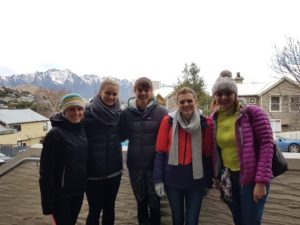
Students Charlotte Sturley, Rachel Oldroyd, Vicki Jenneson & Fran Pontin with supervisor Michelle Morris
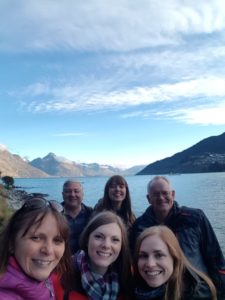
Scenic walk around Lake Wakatipu for LIDA students and staff
The students would like to thank the Leeds for Life Conference Award scheme, the Centre for Spatial Analysis and Policy at the School of Geography and their supervisors for their funding and support which enabled them to embark on this exciting experience.
The next IMGS meeting will take place in Edinburgh in 2021. Both Fran and Vicki hope to return to this meeting to present further findings as they approach the end of their PhD research project. The IMGS conference is highly recommended to PhD students with a focus on epidemiology and spatial applications to health research.


